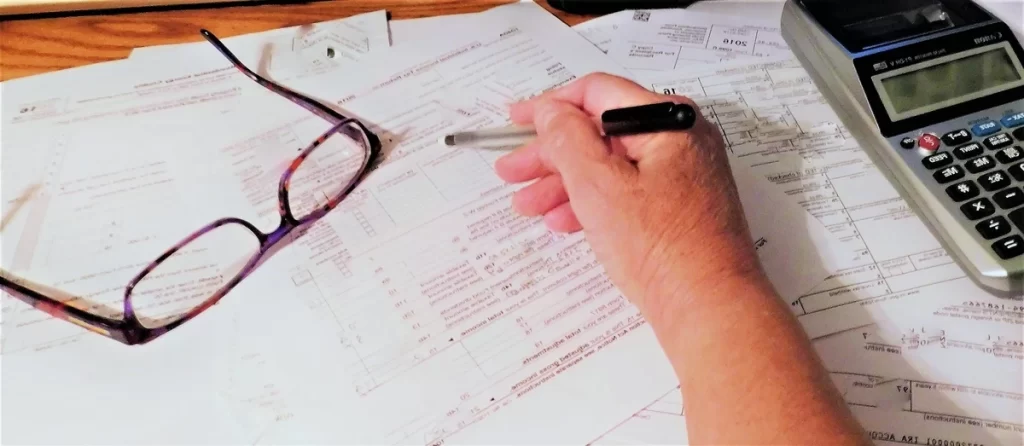Keeping receipts for taxes and small business accounting. Both are critical.
Whether your business is small and just starting out, or it has grown into a thriving success story, keeping receipts for taxes and keeping the books is of paramount importance to protect your business and allow for continued service to your customers.
In the event of an IRS audit, receipts and clean books and records are the best defense for any small business.
Dropbox
As a planning strategy to help mitigate the risk involved in the case of an IRS audit, we recommend keeping receipts for taxes in a manner that is easy to access and update. Dropbox, the online storage system, does a good job of this.
Dropbox is free up to a certain amount of storage with budget-friendly upgrade options. With Dropbox, you can organize receipts into folders by month and year to facilitate easy retrieval if ever needed. You can name individual receipts in a manner that readily identifies their purpose. These items then become searchable within the files to eliminate the need to dig through a bunch of receipts. There is also a mobile app that will allow you to snap a picture of receipts on your phone and upload it directly to your files.
QuickBooks Online
Alternatively, QuickBooks Online offers the capability to upload receipts and pair them with transactions. You can do this via direct upload or through the mobile app and easily integrate with your existing systems. Additionally, this is completely free if you are already a QuickBooks Online subscriber.
How Long to Keep Receipts?
Receipts should generally be kept for three years for tax purposes. This requirement is extended to six years in the event of a substantial understatement of income on a tax return. If tax returns are not filed, or in cases of fraud, receipts should be kept indefinitely.
Receipts related to property purchases or improvements should be kept as long as you own the property.
Small Business Accounting
You may choose any recordkeeping system suited to your business that clearly shows your income and expenses. The business you are in affects the type of records you need to keep for federal tax purposes. Your recordkeeping system should include a summary of your business transactions. This summary is ordinarily made in your business books. Your books must show your gross income, as well as your deductions and credits.
For most small businesses, the business checking account is the main source for entries in the business books. Many small businesses also have a credit card account as well.
Bank accounts and credit card should be reconciled monthly to ensure that the books of the business are correct and in order.
Article by Austin Bell
Reach out to our office today to discuss tax and accounting strategies that best fits you and your business!
Massey and Company is a boutique, Atlanta-based CPA firm serving the needs of small businesses and individuals throughout Georgia. We handle tax matters, IRS controversy, tax debts, back taxes, bookkeeping and accounting. Our offices are in the Buckhead – Sandy Springs neighborhood of Atlanta and we welcome face-to-face visits.

